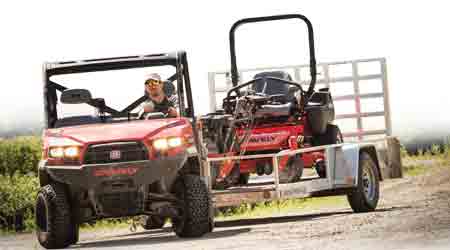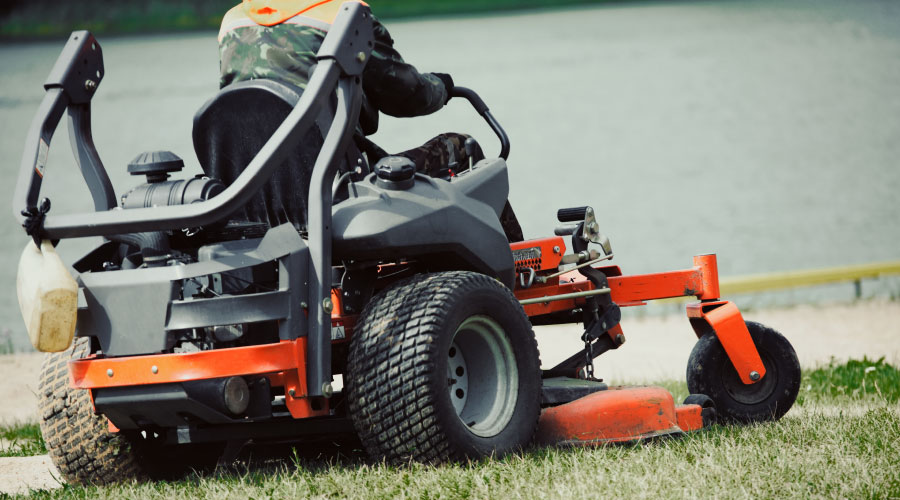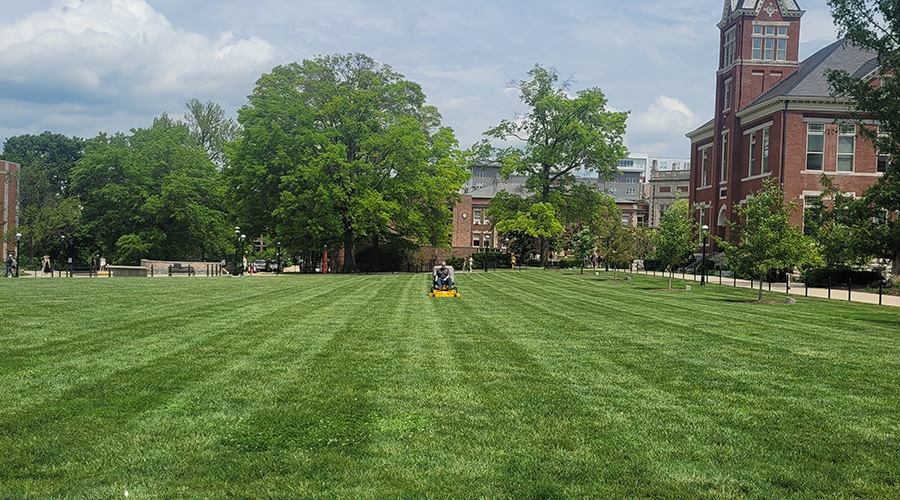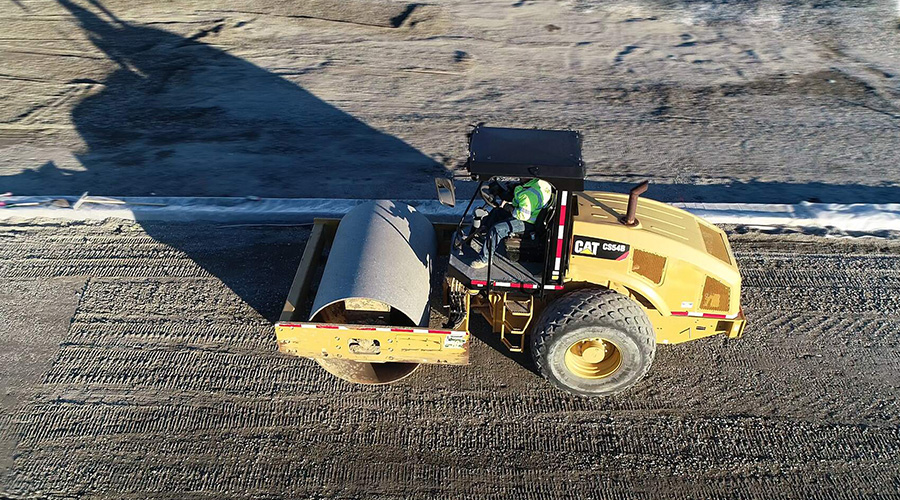Looking for Trouble with Utility Vehicle Maintenance
Part three of a four-part article on utility vehicle maintenance
Any surface of a utility vehicle that comes into contact with dirt, water or grease will sustain unnecessary wear and tear. But operators and mechanics can slow the aging process by making sure vehicles remain lubricated and clean at all times. Drive shafts, wheel hubs, and CV joints on axles in particular are common trouble spots, so paying special attention to these areas is critical.
Maintaining a vehicle’s air filter is extremely important to ensure the engine’s ability to function and to extend the vehicle’s overall performance life. The air filter prevents dirt from entering the engine through the carburetor and is the first line of defense against the dirt and debris that accumulate during use, so it is critical the filter works properly.
Manufacturers use several different kinds of air filters – foam, paper, and hybrids of both — so it is important to look at manufacturer guidelines before purchasing and replacing them. Mechanics also should check to see if their vehicle’s filter requires oil, since some foam filters do. As far as actually replacing the filter, the process is fairly straightforward, but managers need to be certain operators understand the process of replacing it properly.
Changing the oil filter also is important for the equipment’s efficiency and reliability. The type and amount of oil used can have a major impact on the equipment, so it is important to choose the right one. Some manufacturers use different types of engines and, therefore, require a specific oil. Managers also want to consider the outdoor temperature, as this can play an active role in the type of oil selected. Other tips to consider include avoiding oils with special additives and using high-quality detergent oils.
To prevent debris from continuously piling up, operators and mechanics need to keep cooling systems clean. Similarly, checking the utility vehicle’s tire pressure helps it stay in working condition.
Mike Fitzpatrick is vice president of U.S. Lawns — www.uslawns.com — which has about 260 franchise locations nationwide. He has more than 30 years of experience in the green industry.
Related Topics:















